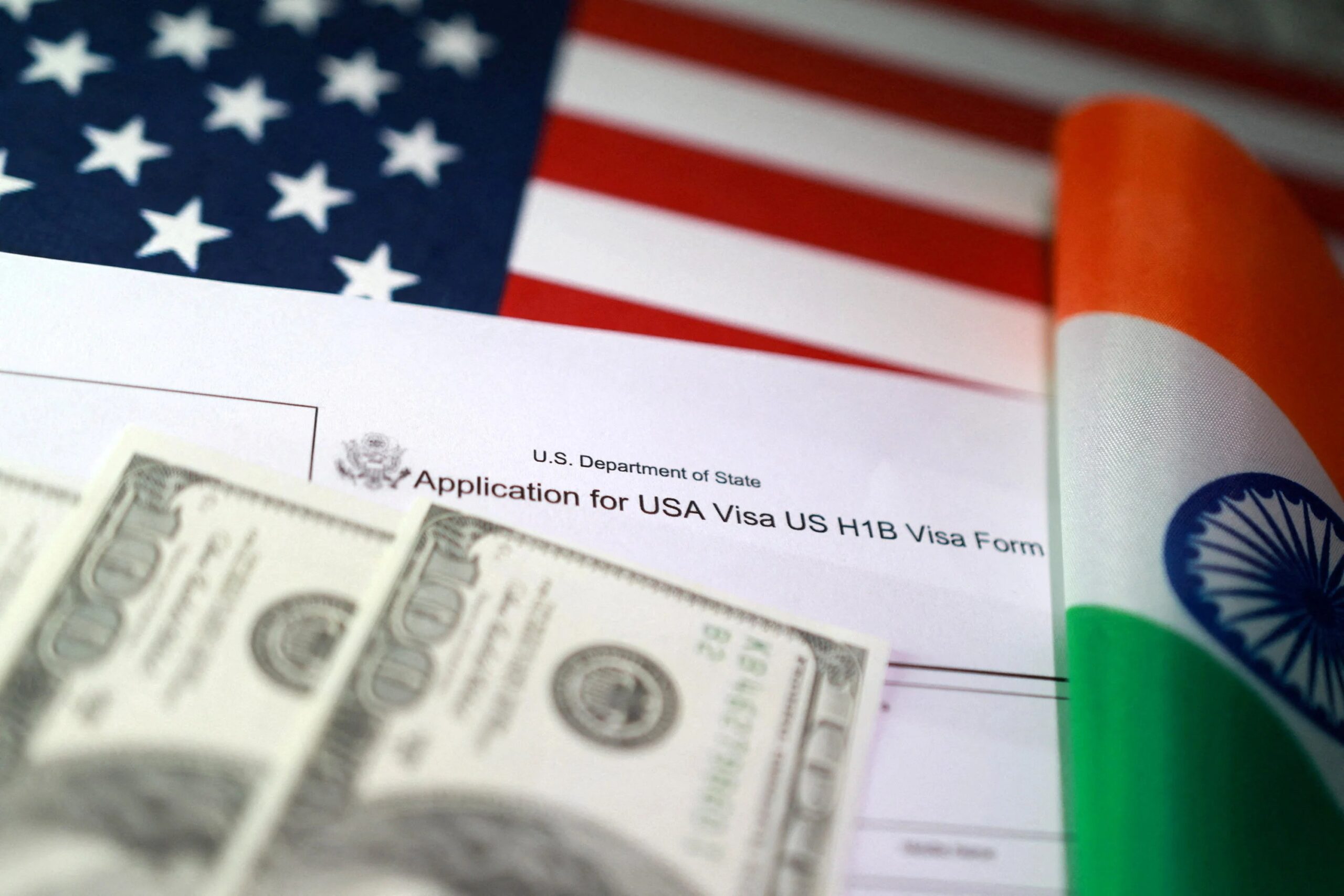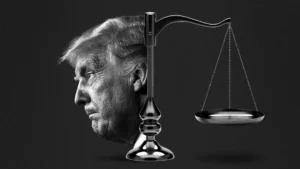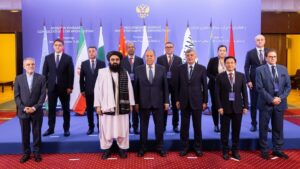Donald Trump’s clampdown on H-1B visas will accelerate the movement of essential tasks by U.S. companies to India, significantly boosting the expansion of global capability centers (GCCs) that manage everything from finance to research and development, according to economists and industry experts.
The fifth-largest economy globally hosts 1,700 GCCs, representing over half of the world total, having evolved from its tech support beginnings into a center of high-value innovation in fields ranging from luxury car dashboard design to pharmaceutical research.
Trends like the rising use of artificial intelligence and tighter visa restrictions are prompting U.S. companies to revise their labor strategies, with GCCs in India becoming robust centers that combine global expertise with effective local leadership.
“GCCs are distinctly situated for this occasion.” “They act as an immediate in-house engine,” stated Rohan Lobo, partner and GCC industry leader at Deloitte India, noting that he was aware of multiple U.S. companies reevaluating their workforce requirements.
“Preparations are already in motion” for this transition, he noted, highlighting increased activity in sectors like financial services and technology, especially among companies with ties to U.S. federal contracts.
Lobo indicated that he anticipated GCCs would “assume more strategic, innovation-driven roles” eventually.
This month, U.S. President Trump increased the fee for new H-1B visa applications to $100,000, up from the previous range of $2,000 to $5,000, putting additional strain on U.S. companies that depended on skilled foreign labor to fill essential talent shortages.
Impact of H-1B Restrictions on U.S. Companies
On Monday, U.S. senators brought back a bill aimed at strengthening regulations on the H-1B and L-1 worker visa programs, focusing on what they described as loopholes and misuse by large employers.
Should Trump’s visa restrictions remain uncontested, industry specialists anticipate that American companies will transfer advanced tasks related to AI, product development, cybersecurity, and analytics to their Indian GCCs, opting to retain strategic operations internally rather than outsourcing them.
Rising uncertainty driven by recent developments has sparked renewed conversations regarding the transfer of high-value tasks to GCCs that numerous companies were already exploring.
“There is an immediate need,” stated Lalit Ahuja, founder and CEO of ANSR, which assisted FedEx, Bristol-Myers Squibb, Target, and Lowe’s in establishing their GCCs.
Reevaluating Strategies for India
This haste might result in “extreme offshoring” in certain instances, noted Ramkumar Ramamoorthy, a past managing director of Cognizant India, pointing out that the COVID-19 pandemic demonstrated essential tech operations could be performed from any location.
U.S. government data indicated that major tech companies such as Amazon, Microsoft, Apple, and Google’s parent Alphabet, along with JPMorgan Chase and Walmart, ranked as leading sponsors of H-1B visas.
All have significant operations in India but preferred not to comment since the matter is politically sensitive.
“Either additional roles will shift to India, or companies will relocate them closer to Mexico or Colombia.” “Canada might also benefit,” stated the head of a retail GCC in India.
Prior to Trump’s substantial charge on new H1-B visa applications to benefit higher salaries, India was expected to accommodate the GCCs of over 2,200 firms by 2030, with a market valuation approaching $100 billion.
“This entire ‘gold rush’ will just speed up,” Ahuja stated.





